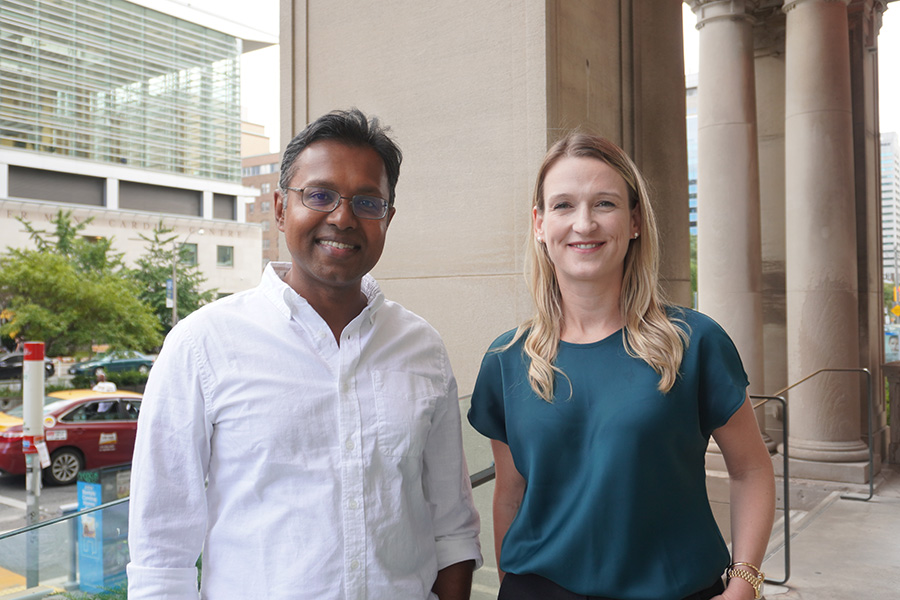
A new study from the Peter Munk Cardiac Centre at UHN finds individuals who recovered from mild COVID-19 reported more cardiac symptoms than individuals who had not contracted the disease, furthering our understanding of the long-term effects on the heart of mild COVID-19.
Researchers invited participants who had undergone COVID-19 testing between August 2020 and January 2022 to take part in the study, including a group with mild COVID-19 disease and a control group who tested negative for it.
The participants underwent cardiac MRI, echocardiography, a blood test, and assessment of cardiac symptoms and quality of life three to six months after COVID-19 testing, with follow-up evaluations between 12 and 18 months.
This is one of the most comprehensive imaging studies that has been performed after COVID-19 illness.
“At three to six months after COVID-19 testing, we found that the percentage of participants with abnormalities on echocardiography and cardiac MRI was similar between those who tested positive and negative,” says Dr. Dinesh Thavendiranathan, senior author of the study and a cardiologist and clinical scientist at the Peter Munk Cardiac Centre, and Director, Ted Rogers Program in Cardiotoxicity Prevention.
“However, those who tested positive for COVID-19 reported experiencing more cardiac symptoms – chest pain, palpitations, shortness of breath – compared to the control group despite only having mild COVID-19 illness.”
Fortunately, at 12 to 18 months follow-up, most patients had improvement in their cardiac symptoms.
‘Reassuring’ symptoms decreased between initial assessment and follow-up
Interestingly, amongst the multitude of cardiac imaging parameters studied, only a single cardiac MRI parameter – native T1 – was associated with higher odds of experiencing cardiac symptoms both at the time of cardiac imaging and at 12 to 18 months follow-up.
T1 mapping is a technique that allows assessment of changes to heart muscle and can indicate increase water (a consequence of inflammation) or scarring.
These findings suggest that although many patients with mild COVID-19 may experience cardiac symptoms months after testing positive, their symptoms don’t seem to be linked to heart structural and functional abnormalities. At 12 to 18 months follow-up, many have resolution of symptoms, most don’t require hospital admission and none experienced adverse heart events.
“This research helps us better understand the relationship between mild COVID-19 and heart health,” says Dr. Kate Hanneman, a cardiac radiologist and Director of Cardiac Imaging Research at the Joint Department of Medical Imaging and the Peter Munk Cardiac Centre.
“Considering the majority of COVID-19 infections are mild, it’s important we learn all that we can about the long-term effects on the heart particularly in relation to patients who have persistent symptoms even months after COVID-19.
“It is reassuring that symptoms decreased between the initial assessment and longer-term follow-up and that there were no differences in the frequency of abnormalities on imaging between individuals who had recovered from mild COVID-19 and those who had tested negative,” she said. “However, further research is needed to identify risk factors for persistent symptoms and to determine the role of native T1 mapping in guiding management.”
